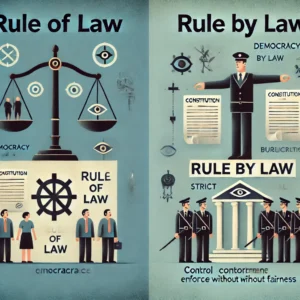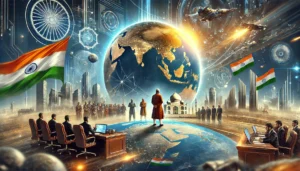Exploring the Declaration of Human Duties and Responsibilities
Introduction The Declaration of Human Duties and Responsibilities (DHDR) is a significant international document that complements human rights by emphasizing the responsibilities individuals and nations hold toward society, the environment, and future generations. While human rights frameworks, such as the Universal Declaration of Human Rights (UDHR), primarily focus on the entitlements of individuals, the DHDR […]
Exploring the Declaration of Human Duties and Responsibilities Read More »

